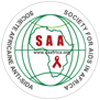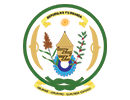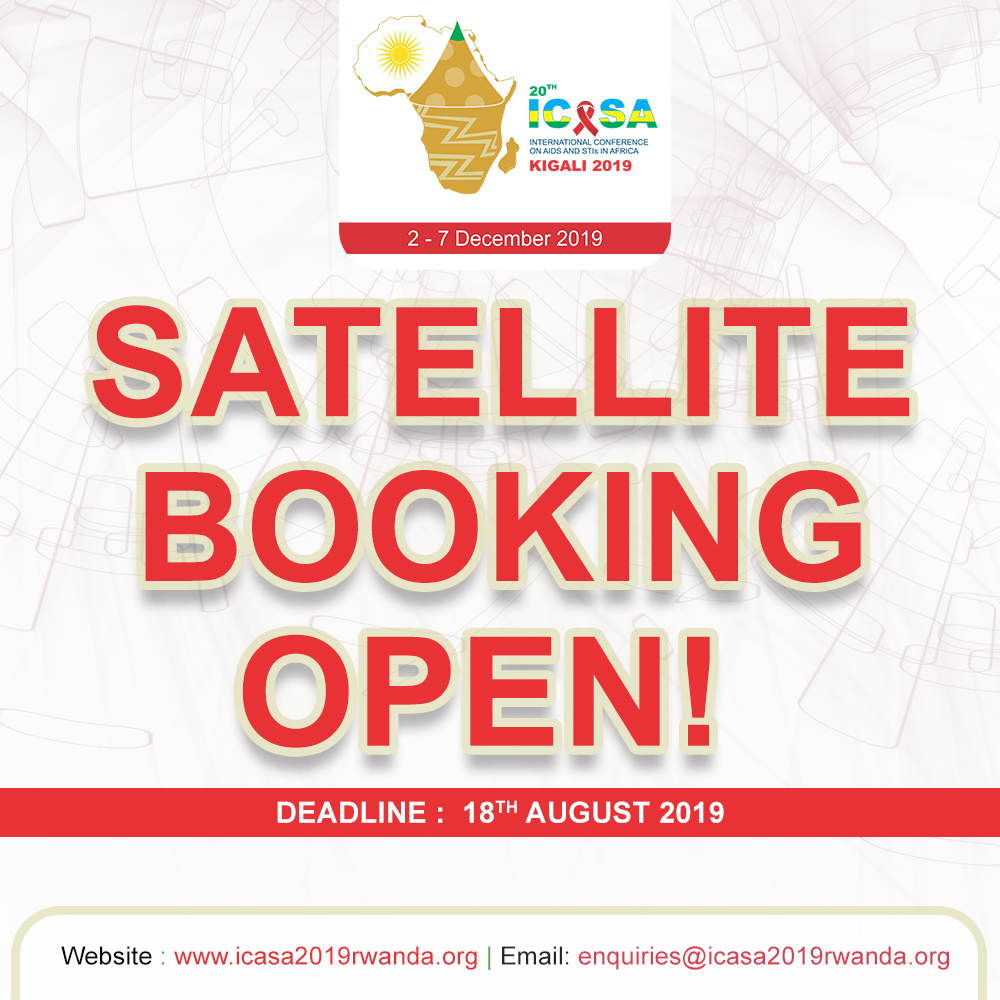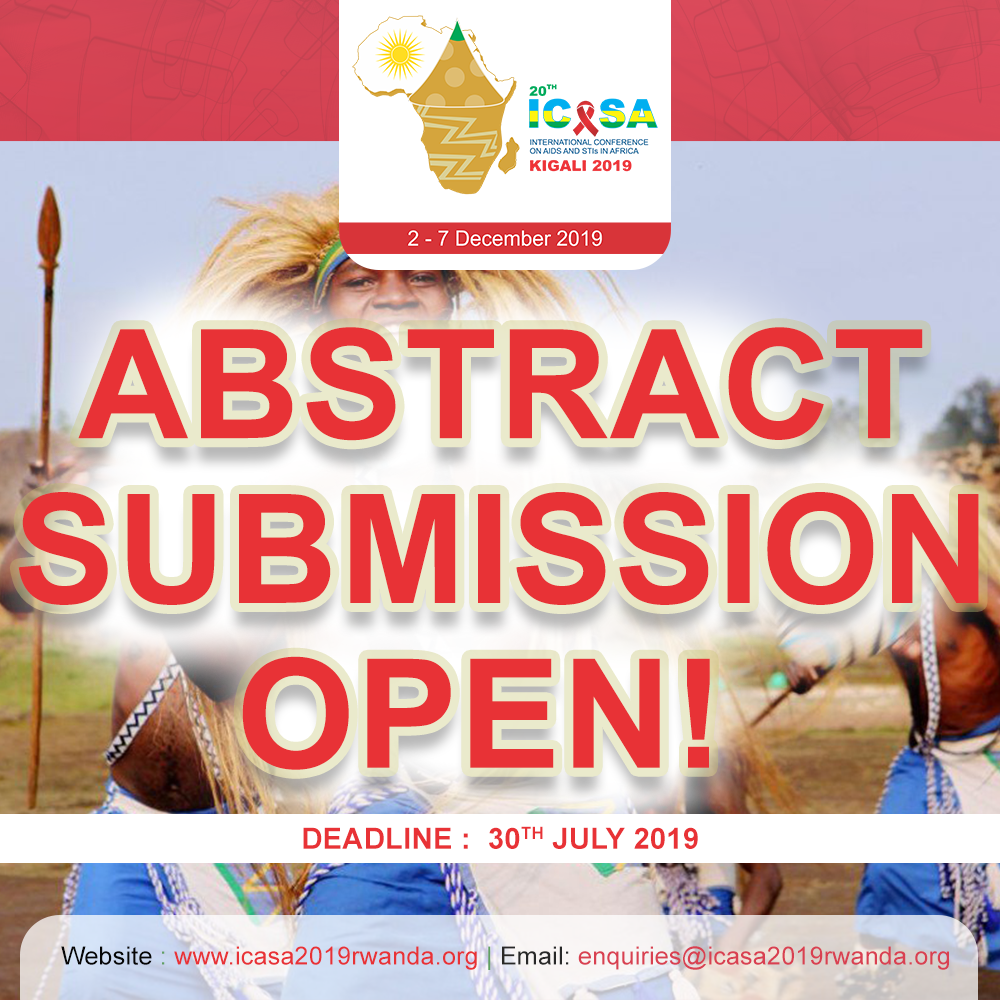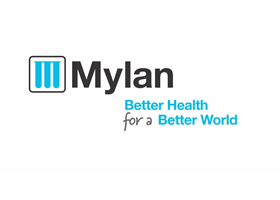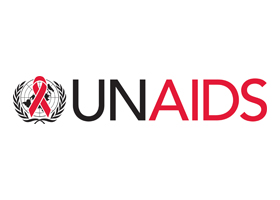Time: 8.45 - 10.15
Room: Auditorium
Reporter: INGRID UWASE
Towards Developing a Globally Effective HIV Vaccine: Prof. Corey highlighted how HIV is still the most important global health issue; and why the world needs to invest in new technologies and tools to fight control the epidemic. There are still a significant number of new HIV infections each year, including mother to child transmission of HIV. The existing methods will not help us achieve the global HIV goals. This is why some scientists are working tirelessly to introduce new disruptive prevention solutions such vaccines.
Prof Corey discussed the two vaccines that are undergoing clinical trials. He admitted it has not been an easy task. One of the two vaccines is that developed from the RV144 (31% efficacy) vaccine and the other is the Johnson and Johnson HIV vaccine program. He described how each vaccine works and the implication for HIV diagnosis once a HIV vaccine is developed. HIV vaccine development has helped with the development of research capacity in Africa in the last 7 years, especially with infrastructure development. While there has been significant scientific progress with HIV control, there is still a lot more to accomplish if we are to get to an AIDS Free Generation.
African Heads of State towards AIDS Free Africa: What does it take! The talk was taken by Honorable Mukabalisa Donatille. The Executive Director of UNAIDS, Winnie Byanyima, introduced the talk acknowledging the mileage the HIV field has gained through the efforts of science. However, the translation of science to implementation is significantly limited by sustainable leadership: without the efforts of the government nothing much would be achieved. Honorable Mukabalisa Donatille, the Speaker of the Rwandan Parliament, elaborated more on the importance of leadership and governance in promoting health, discussing the successful Rwandan model. Rwanda credits its successful progress towards AIDS elimination to the successful collaboration between international donors, civil society organizations, communities, faith based organizations, and youth organizations. Currently, the prevalence of new HIV infection in Rwanda is down to 0.08%. The goal is zero new infection. Also, 98% of pregnant women have access to treatment thus successfully preventing mother to child transmission of HIV. This Rwandan parliament has played a key role in making this progress possible. It has enacted laws that promote access to contraception, advocacy for SRH related programs, incriminating child abuse, and putting young people and adolescents at the core of the national HIV response. She concluded by emphasizing why promoting social justice and collaboration will help make the needed difference for the HIV response.
Health financing: community and private sector engagement for increased domestic funding. Ms Rosemary Mburu made the presentation. She highlighted that seven key things that were critically needed for successful health financing. She reminded the audience that the country leaders in Africa had made many commitments towards ensuring domestic financing for health. These include the Abuja Declaration (2001), AU Roadmap on Shared Responsibility and Global Solidarity for AIDS, TB and Malaria (2012), Abuja +12 declaration (2013), commitments at periodic High Level Meeting on HIV/Political Declaration on HIV, the Africa Score card on domestic financing for health, and the Africa Leadership Meeting (ALM) on Investing in Health (2019). These commitments have led to steady increase in health resourcing in the continent. Despite this, the gap remains huge. Millions of Africans fall into poverty due to health payments. Sadly, 20% to 40% of all health resources are wasted. In addition, to the financial barriers, communities of key populations, young people and adolescents and other populations vulnerable to HIV are not been adequately reached with the needed services. Private sector financial and technical engagement is poor yet they can support governments to enable every dollar they spend reach further and work more efficiently. She ended on Call to action for courageous political leadership. Leadership that stop greedy pharmaceuticals that put profits before lives. And crucially, TO DO THE RIGHT THINGS FOR THE PEOPLE.
Closing remarks: The Deputy Executive Director of Global Fund identified the need to step up domestic financing of HIV response through strategic governments plans to achieve Universal Health Coverage. Universal Health Coverage isn’t a cheap option but it’s a fantastic option. We need to do better by spending on the right things such as primary care, public health and building mechanism to reduce corruption. However, Government can’t do it without collaboration with Civil Societies Organizations while the private sector should create job opportunities for people so that they can be able to pay taxes.


